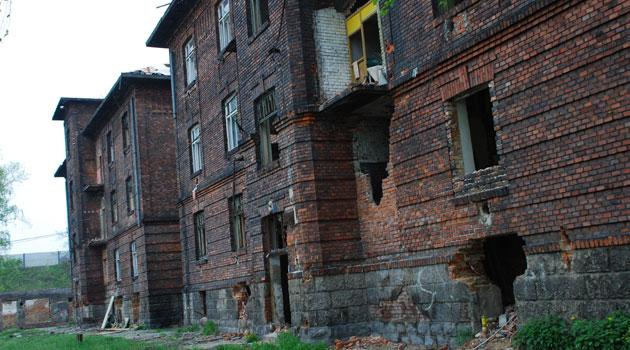Czech town cancels apartment tender after Romani woman makes the best offer

The Czech Public Defender of Rights has drawn the attention of the Chamber of Deputies to a case of possible discrimination on the grounds of ethnic origin in access to housing as part of her report on her office’s activity during the second quarter. A town has canceled its tender for leasing a municipally-owned apartment after a Romani applicant made the best offer.
The complainant turned to the Public Defender of Rights after she repeatedly participated in the tender without success. She met all of the criteria of the publically announced tender (she paid a deposit and was not in debt to the town at the time of the tender) and objectively won it, as she made the highest offer of rent.
Nevertheless, the town did not conclude a rental contract with her, as the town council subequently passed a resolution canceling the tender for that particular apartment. The reason for canceling the tender is not evident from the resolution.
The town has not communicated the reason for canceling the tender even though it was repeatedly asked to give one, first by the complainant and then by the Public Defender of Rights. The town council has no reasons for having proceeded in this way, or rather, is refusing to substantiate its decision.
Given that the complainant is a Romani woman whose household includes her son, a person living with disabilities, there is suspicion that the town is discriminating against her with respect to access to housing on the basis of her ethnicity and possibly also because of her son’s disability (multiple discrimination). Given the fact that the town concluded a rental contract with a different bidder in a different proceeding for another apartment at the same time it was rejecting the Romani woman’s bid, the suspicion of unequal treatment by the town can now only be refuted through a court proceeding.
If someone applying for an apartment shares a household, prior to applying, with a person living with disabilities, or if such persons make clear their intention to reside in the desired apartment together, the person living with disabilities must be considered, for those purposes, as a co-applicant if the applicant considers that person to be a family member or loved one (typically such arrangements involve children and their parents). In such a case, if an apartment is not granted to the applicants, it will always be necessary to review the question of whether this is not a case of secondary discrimination.
If a tender for concluding a rental contract for a municipal apartment has been canceled without providing a reason only in the case of a particular applicant who has otherwise met all of the terms of the tender and made the best offer of rent, thereby winning the tender, and if there is the possibility that the applicant was discriminated against for a reason that is illegal (i.e., on the basis of ethnicity), then that is enough for a claim of unequal treatment in access to housing to be made and for the burden of proof to be shifted to the defendant during any eventual court proceeding. In this particular case, the town has rejected the allegations of racial discrimination and in the interim has once more postponed the tender on this particular apartment after the complainant applied for it again.
The Public Defender of Rights has therefore asked the Pro Bono Alliance NGO to provide an attorney to represent the complainant. She is prepared to enforce her rights through the courts.
